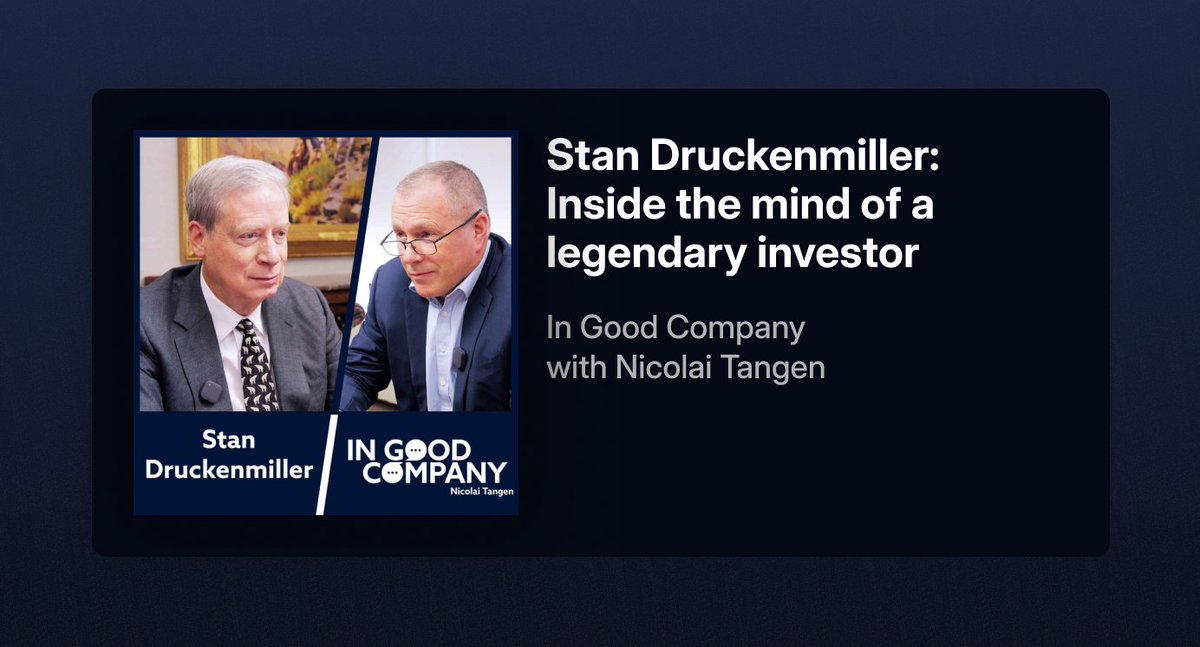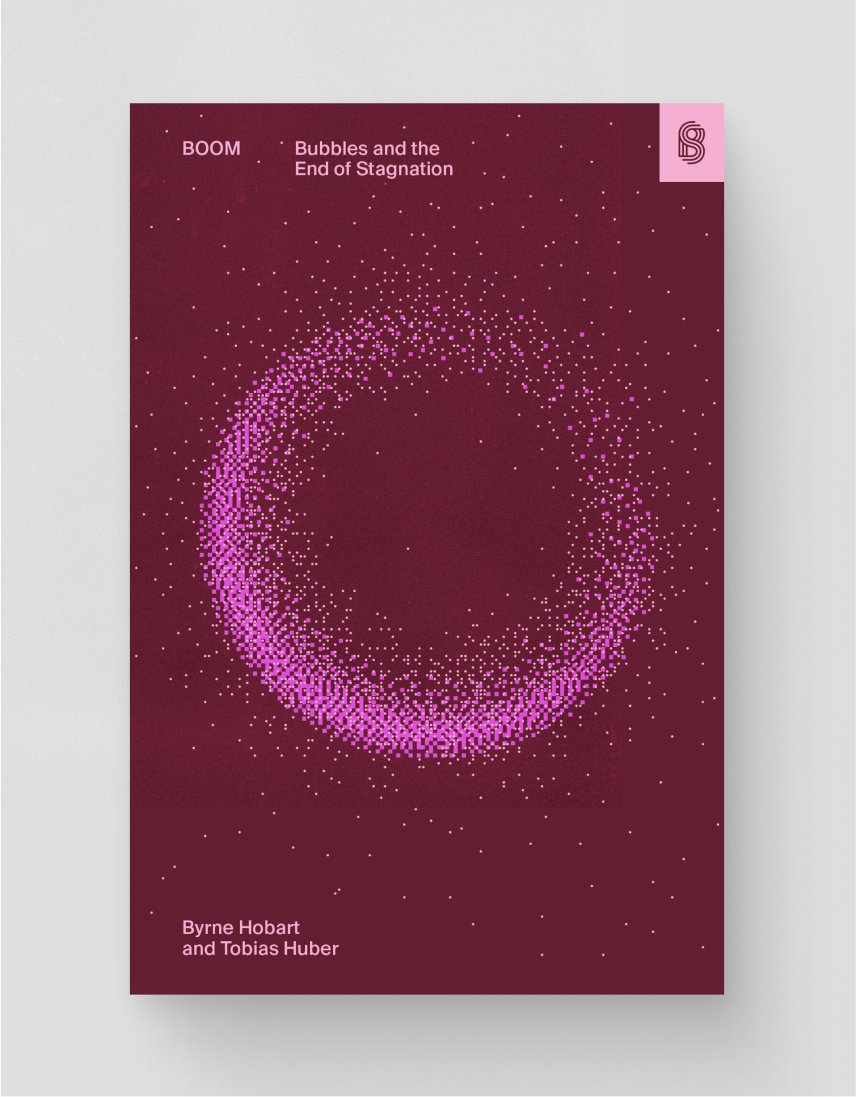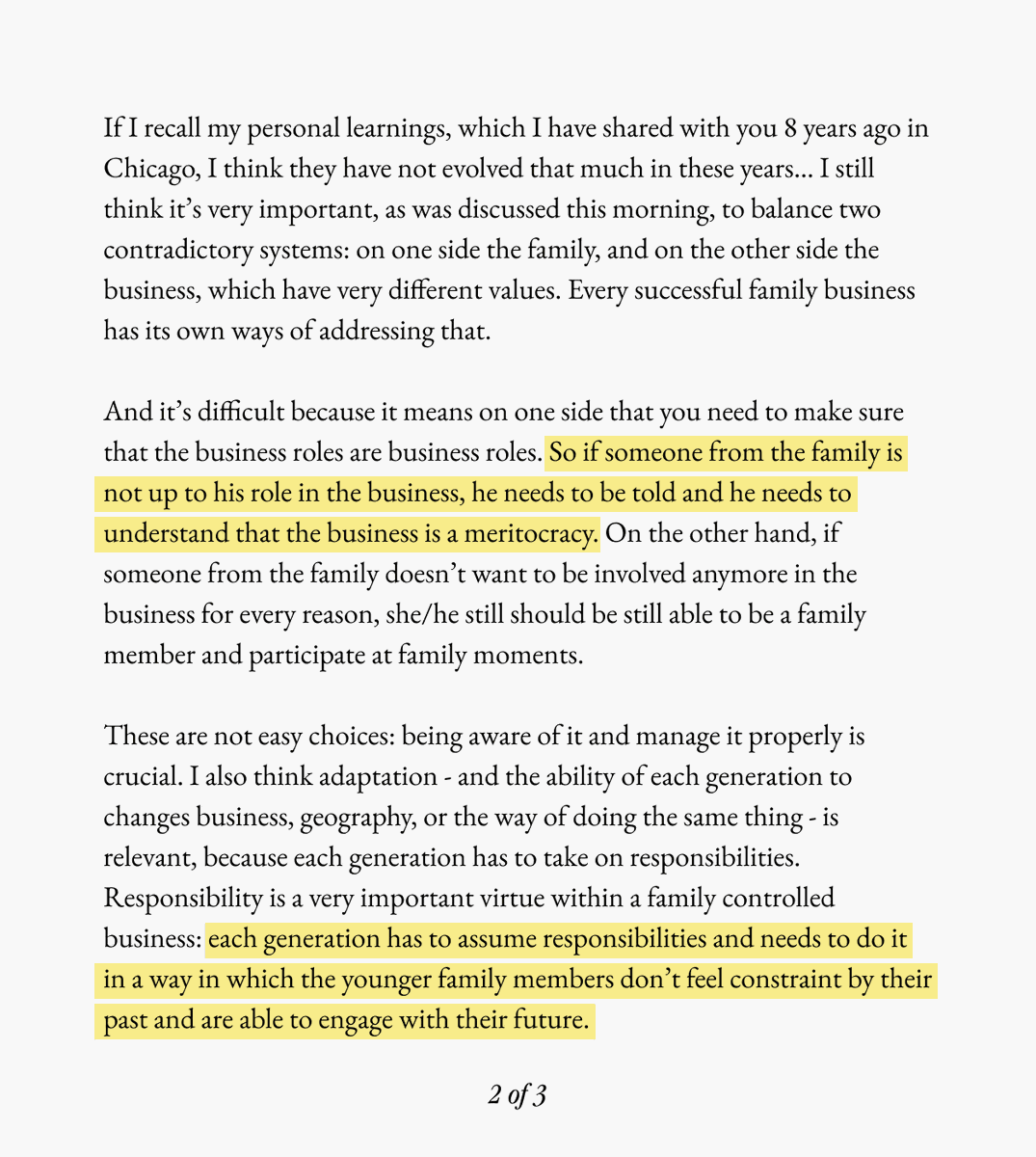Nick Sleep & Qais Zakaria returned 10x running Nomad Investment Partnership for 12 years.
One holding in particular, $COST, fundamentally shaped their investing philosophy.
We've studied every Costco mention in Nick's Partnership Letters and distilled a few lessons 🧵👇
One holding in particular, $COST, fundamentally shaped their investing philosophy.
We've studied every Costco mention in Nick's Partnership Letters and distilled a few lessons 🧵👇

1. Nick's first mention of $COST was in 2002.
Two decades later, Costco's retail concept still works exactly the same way as described.
The stock has returned ~14x over the same period.
Two decades later, Costco's retail concept still works exactly the same way as described.
The stock has returned ~14x over the same period.

2. The EDLP strategy was *extremely* important to $COST's legendary founder Jim Sinegal.
It's often described by Costco's management as "easy to understand but very hard to operate".
Here, Sleep explains the strategy through a story told by a Costco director:
It's often described by Costco's management as "easy to understand but very hard to operate".
Here, Sleep explains the strategy through a story told by a Costco director:

4. Two years later, $COST constitutes 10% of the Nomad portfolio (up from ~3% in 2002).
Costco's unusual customer relationship:
Costco's unusual customer relationship:

5. When talking about network effects, most people mention Facebook, or a marketplace like eBay..
But what Nomad figured out was that $COST's customers, thanks to the company's religious commitment to give cost-savings back to its customers, experienced similar network benefits:
But what Nomad figured out was that $COST's customers, thanks to the company's religious commitment to give cost-savings back to its customers, experienced similar network benefits:

6. $COST, contrary to many other businesses, is operated to raise the probability of long-term success instead of short-term profits: 

7. Nick lays out three regular misconceptions about $COST that made the stock mispriced back in 2004: 

This is very interesting considering that Nomad later bought a lot of $AMZN with basically the same investment thesis.
8. Nick explains why $COST isn't perfect and why a business like $EBAY, in theory, is superior:
8. Nick explains why $COST isn't perfect and why a business like $EBAY, in theory, is superior:

"Such a chasm of competitiveness is, of course, difficult to capture using traditional analytical tools"
10. A very interesting comparison between $COST and their largest competitor, $WMT Sam's Club:
10. A very interesting comparison between $COST and their largest competitor, $WMT Sam's Club:

11. Nick says it’s common to search for one big thing that explains a company's success – a strong brand, a patent, an advanced technology..
In the case of $COST, it's *millions* of little things that make up the company's competitive advantage:
In the case of $COST, it's *millions* of little things that make up the company's competitive advantage:

• • •
Missing some Tweet in this thread? You can try to
force a refresh


























